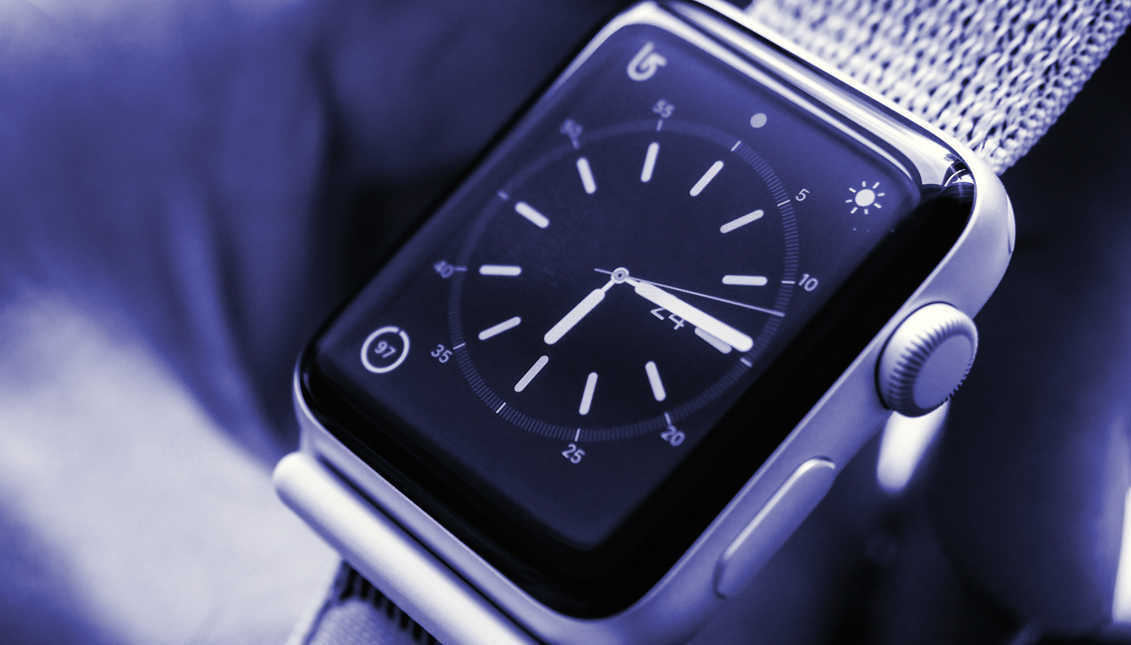
Time to Punish Big Tech’s IP Theft | OP-ED
Small companies have managed to win in court against big brands, which have an army of lawyers.
Owners of the Apple Watch might be walking around with stolen goods strapped to their wrist. In a complaint filed with the U.S. International Trade Commission this summer, medical device firm Masimo Corporation accuses Apple of stealing patented technology for measuring blood oxygen levels and incorporating that tech into the popular smartwatch.
Masimo’s claims aren’t far-fetched. For tech behemoths like Apple and Google, appropriating intellectual property (IP) is an all-too-common strategy for maintaining market dominance.
Many of the victims of such theft are smaller operations or individuals without the resources to stand up to massive tech companies.
The public and shareholders need to hold these tech firms accountable. Cracking down on Big Tech’s predatory IP violations is the only way to defend the rights of inventors and start-ups, while promoting market competition that benefits consumers.
Masimo’s suit against Apple is just one of several recent instances of alleged IP theft by the biggest players in the tech world. In August, a trade judge ruled that Google violated five different patents owned by speaker-maker Sonos. In 2019, a jury ruled that Apple had infringed three patents of its San-Diego-based supplier Qualcomm.
The principle guiding such behavior is obvious: If you can’t beat your smaller competitors, steal from them outright. Odds are, your victim won’t have the time or the money to defend their right in court. But if they do, Big Tech will be ready with an army of top-tier lawyers.
Lately though, small companies have been calling their bluff -- and winning in court
Lately though, small companies have been calling their bluff -- and winning in court. With losses in the hundreds of millions, it’s hard to imagine how executives at these tech firms justify their decision to shareholders.
RELATED CONTENT
By denying inventors a chance to reach their potential, Google and Apple are suppressing the competition that would otherwise benefit consumers by driving down prices.
Major tech firms counter these accusations by claiming that IP protections are too stringent, and that the patent holders are the ones engaging in anti-competitive behavior.
Such arguments are at best a distraction. At worst, these arguments are meant to fool the courts. The ability of a patent holder to seek licensing fees from others who want to use the technology is one of the primary benefits of a patent -- and of a free market.
The real threat to competition comes from giant tech firms who refuse to honor the IP of smaller start-ups and individuals. Major technology companies must learn that infringement entails significant financial consequences.
Start-ups and individual inventors need assurance that their hard-won IP can’t easily be stolen by a deep-pocketed Apple or Google. Without such confidence, the incentive to innovate would evaporate.
An environment of strictly-enforced patents isn’t just important for a vibrant, competitive tech market -- it’s a precondition. Big Tech’s assault on these essential protections has gone on for too long.










LEAVE A COMMENT: